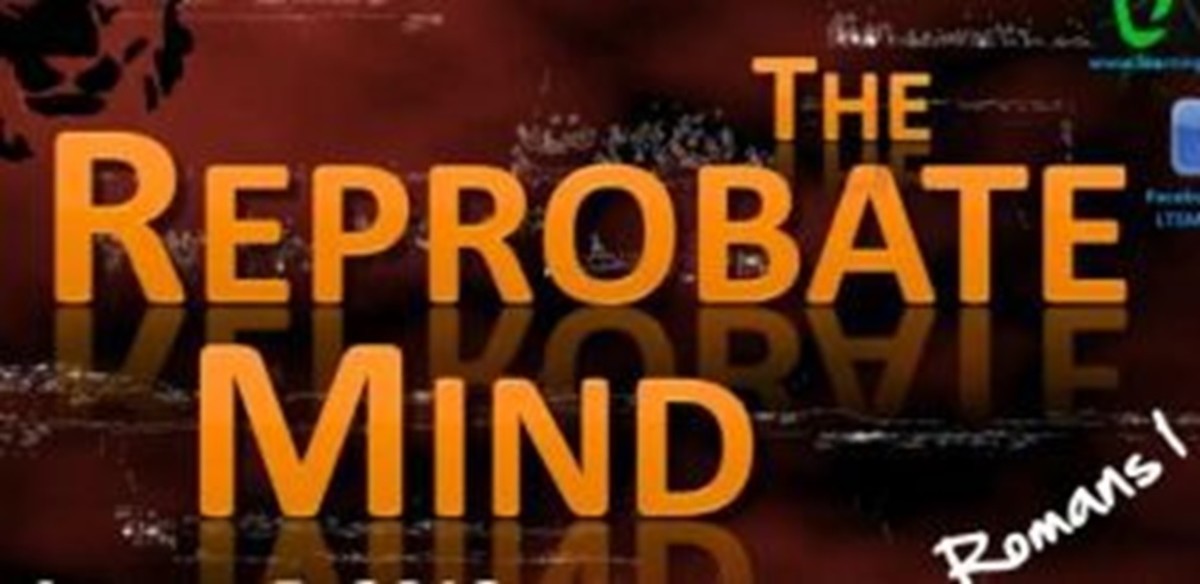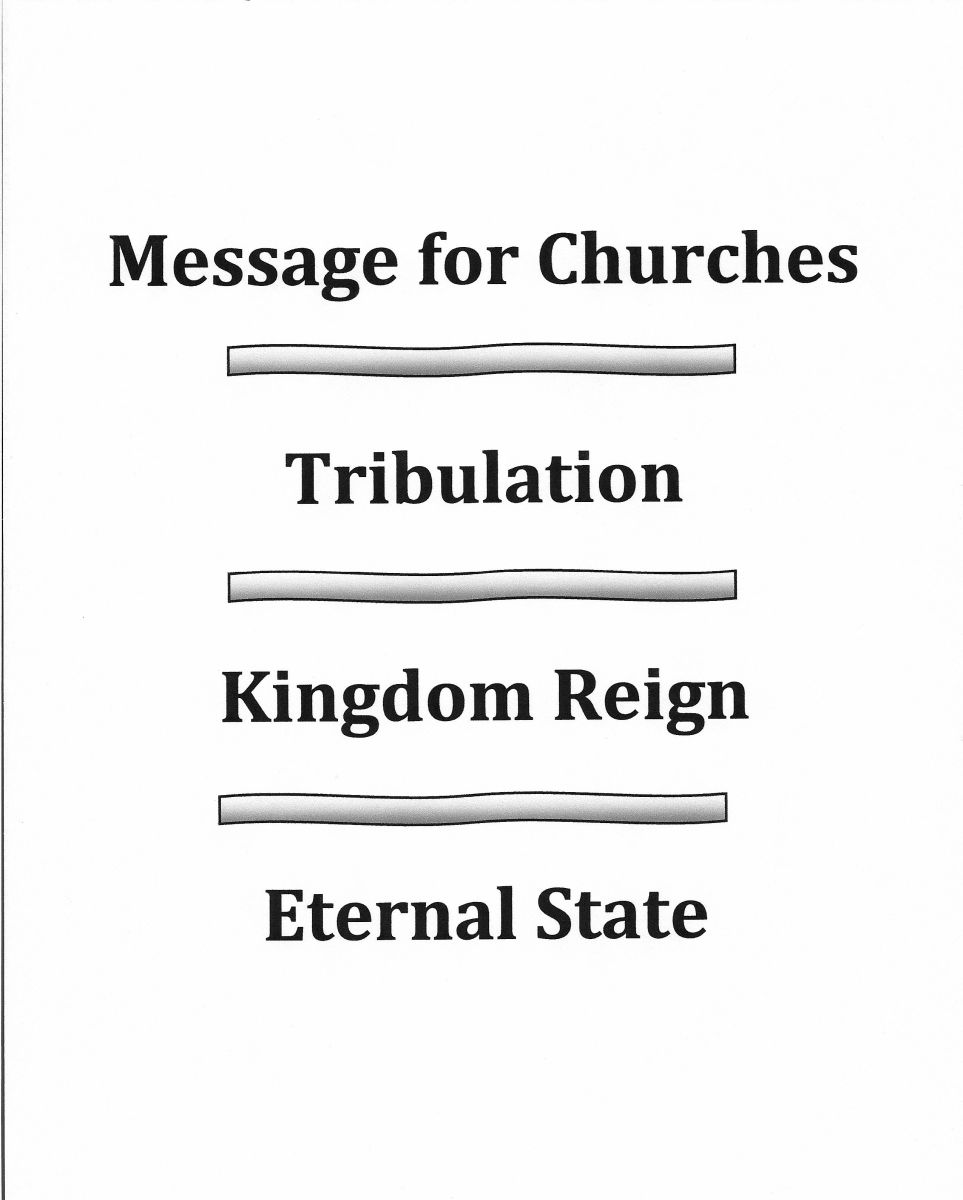Bible: What Does Matthew 6 Teach Us About Almsgiving, Prayer and Fasting?
Sermon on the Mount

Giving and Money

Matthew 6: Almsgiving, Prayer and Fasting
Jesus Addresses Three Topics: Almsgiving, Prayer, and Fasting
Perhaps mentioning tax-collectors, referring to “reward” (5:46) and “your Father in heaven” (5:48), and then seeing some Pharisees in the crowd leads Jesus to discourse about almsgiving, prayer, and fasting—three “practices of piety” (Ryrie, New Testament Study Bible, 15) that the latter group hypocritically displayed (vv. 1-18).
[Chapters are editorial inventions; the NT original MSS had none.]
Give With the Right Attitude
Like Solomon in the book of Proverbs, the Lord frequently employs contrast as a teaching method.
In this context, He shows how the believer’s attitude toward almsgiving, praying, and fasting should differ from that of the heathen or Pharisee.
For instance, He warns the people against the attitude manifested in ostentatious giving, i.e., self-righteous pride.
If giving in this manner does receive a reward, it will consist of merely temporal, human adulation (v. 2); God does not commend this attitude, nor will He reward it (v. 1).
Instead, Jesus commands wholehearted, private almsgiving; in other words, give without misgivings (v. 3), do it secretly, and the All-Seeing One will reward you (v. 4).
Prayer

Primary Application for "Disciples' Prayer"
view quiz statisticsPray to Glorify God, Not Yourself
Likewise, God’s people should not imitate the hypocrites who pray publicly in order that they may receive plaudits from men (v. 5); instead, they should pray secretly to the God Who sees in secret and rewards openly (v. 6).
[Jesus designates the place of private prayer as one’s own room with the door shut.]
Nor should they imitate “heathen” who practice rote praying and use many words; the Lord calls such activity “vain” (NKJV) or “meaningless” (NASB) [v. 7].
[To whom does He refer when He uses the term “heathen”? The Romans?
Does ritualistically repeating the “Disciples’ Prayer” therefore constitute vanity?
If so, how sad it is that people reiterate the very prayer Jesus provided to help them avoid such meaningless activity!]
Endlessly stringing together flowery words intended to impress God with brilliance and spirituality or to attempt to educate Him about the needs of humanity accomplishes neither objective (v. 8).
Jesus' Model: The "Disciples'" Prayer
Jesus’ model prayer (“In this manner”) succinctly, but sufficiently, provides a framework that addresses those attitudes that acknowledge God’s sovereignty (vv. 9-13).
First, “prayer warriors” should focus on God, and address Him as “Our Father in heaven” (v. 9a). He is their Father in at least two respects:
(1) by creation, mediated through human parents;
(2) by re-creation, mediated through the Holy Spirit (cf. John 3:3, 6).
This Father “resides” in “heaven”: the place invisible to human eyes from which He controls the universe as its King; therefore, He possesses greater authority and majesty than any earthly father.
Second, believers should extol God for the absolute holiness of His “name” (v. 9b).
The term “name” refers to “reputation” or “character.”
An air of mystery, reverence, and awe surrounds God’s nature; therefore, one’s “approach” to Him should reflect that understanding.
One should never “enter His presence” flippantly or casually.
Third, God’s people should yearn for His “kingdom to come,” i.e., that Messiah’s reign over the earth would begin, and that all people would do His will, i.e., that all its citizens would obey His righteous principles, even as the angels do (v. 10).
[This verse indicates that the “Disciples’ Prayer” applies to folks who will reside in the millennial kingdom, and not primarily to the Church who will “headquarter” in the New Jerusalem during that age.]
Fourth, the saints should recognize daily that they are dependent upon God for their sustenance, that they cannot supply themselves with food apart from the Lord (v. 11).
They often fail to realize He provides all the power necessary to sustain life.
Fifth, believers should acknowledge their need for divine forgiveness and, having received that forgiveness, their obligation to forgive others in like manner (v. 12).
Jesus seems to imply here their daily need to practice this attitude and action, since His words appear closely linked with His people’s physical need for “bread.”
The Lord considers failings, sins, and trespasses as debts that the saints must pay to God their Father.
Christ has already paid this debt in full by shedding His blood on their behalf.
Believers occasionally commit sins, so they must agree with God about them (confession) and repent (turn away from) of them in order to maintain fellowship with Him [cf. 1 John 1:9].
Sixth, the Lord’s people should ask God not to lead them into temptation (v. 13a).
Though the Holy Spirit led Jesus into a situation where Satan solicited Him to do evil (cf. Matt. 4:1),
He did not do so to make Christ sin, but to demonstrate the impeccability of the Son.
Yet here Jesus, knowing the believer’s struggle with sin and his weakness in the midst of temptation, instructs His followers to ask the Father not to lead them into such tests that the devil could use for his own purposes.
That God would allow such a thing to occur seems inconceivable, for He seeks only for His children’s welfare.
[The word “temptation” is derived from the Gk. peirasmos, which may mean either “solicitation to evil” as in James 1: 13 or “trial, test” as in James 1:2, 12.
For further discussion of this point, confer with J. I. Packer’s I Want to be a Christian, 216-20.]
If believers should find themselves under attack, they should depend solely upon the Father for deliverance from the adversary (v. 13b).
A famous ascription to God’s greatness concludes Jesus’ model prayer (v. 13c).
[Since NU disputes the authenticity of this last part, its editors omit it.]
Because the Father is the eternal, omnipotent King of glory, He will surely accomplish His purposes; the Lord’s “Amen” adds finality, certainty, and completion to these outcomes as well as to His prayer.
[Before launching into a discussion of fasting, Jesus returns to the subject of “family forgiveness,” emphasizing the need for believers to practice it among themselves if they wish to experience it with the Father (vv. 14-15).]
Jesus: The Greatest Teacher?
Do you believe Jesus was the greatest teacher who has ever lived?
Fast for the Right Reason
Again, the Lord warns against ostentation, this time regarding fasting (vv. 16-18).
[He assumes His people will fast (“When you fast”); this practice does not appear to be as common today as it was in earlier times.]
Christ first points His finger at the hypocrite’s unacceptable approach— He stresses the terms “a sad countenance,” and “disfigure their faces” (v. 16) [outward manifestations that will receive their due “reward”]—, and then contrasts it with the proper conduct of the true believer (“But you, when you fast, anoint your head and wash your face”) [v. 17].
Jesus emphasizes that the Father rewards the private, secret form of individual worship people direct solely toward Him, and repudiates the behavior that draws attention to self (v. 18).
Another negative/positive command sequence follows, aptly summarized with an aphorism (vv. 19-21).
Lilies of the Field

Lay Up Treasures in Heaven, Not on the Earth
Jesus first asserts the negative command about one’s attitude toward money (“Do not lay up for yourselves treasures on earth”)—a thesis He supports with reasons for obedience, viz., moths, rust, and thieves oftentimes destroy or steal these temporal goods (v. 19).
Instead of investing in “this life”—a commodity designed and destined to pass away—, Christians ought to devote their “treasures” to those pursuits, goals, aspirations, and values that will endure to eternity (“but lay up for yourselves treasures in heaven”) [v. 20].
The Lord’s concluding aphorism serves as a test for His followers; it will show them whether or not their values about life coincide with His (v. 21).
Where they fall on this spectrum depends upon the moral condition of their “eye.” Whatever they habitually gaze upon, whether it be good or evil, determines the “light” or the “darkness” in their soul (vv. 22-23).
The term “light” suggests “spiritual knowledge” or “holiness,” while “darkness” connotes “evil.”
As with the lamp lit and left uncovered in a house, believers should not hide their “light” (that is, their knowledge of Christ and other truths).
Neither should they associate with the unfruitful deeds of darkness (cf. Mt. 5:15, 16; Lk. 11: 33-36; Eph. 5: 8-14).
They must possess clear-sightedness, and wholeheartedly devote themselves to serving God rather than to amassing a fortune (“mammon”) for their own selfish use. Believers should not exhibit both attitudes, for they exemplify opposite values (v. 24).
Jesus discourses about the necessities of life (“these things”) [vv. 32-33], summarizing how the believer should think about their provision.
In essence, “Do not worry about it all—your life, clothing, food and drink, tomorrow” (vv. 25, 27, 28, 31, 34).
To illustrate His point, He turns to the natural world (birds of the air [v. 26]; lilies of the field [v. 28]). God provides food and “clothing” for these lesser creations (vv. 26, 30) without their needing to resort to labor (viz., birds neither sow, nor reap, nor gather into barns [v. 26]; lilies neither toil nor spin [v. 28]).
As for His children, the Father knows their needs (v. 32; cf. 6:8); He will sustain them better than He does the merely natural things, if the former but seek first His kingdom and His righteousness (vv. 30, 33).
[“Seeking His kingdom” involves giving priority to obeying the King’s will.]
God’s people should only concern themselves with “Today” and its trouble (v. 34).
[Again, readers must carefully determine what the message would have meant to its original audience before applying any eternal principles from the passage to their own lives.]
© 2012 glynch1









